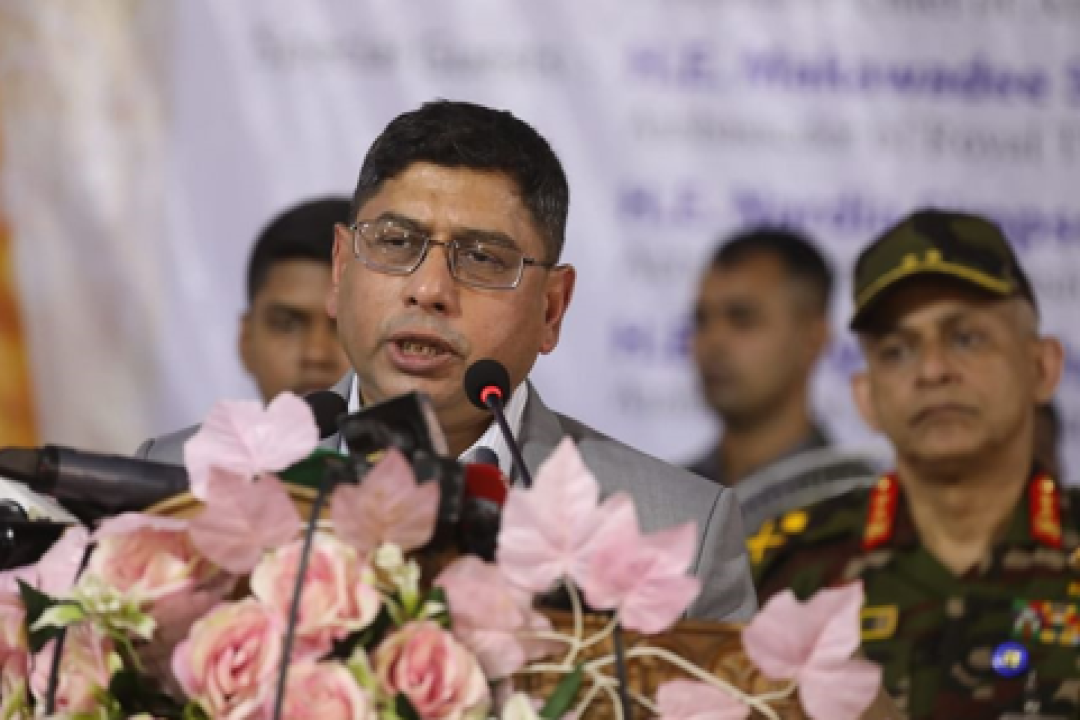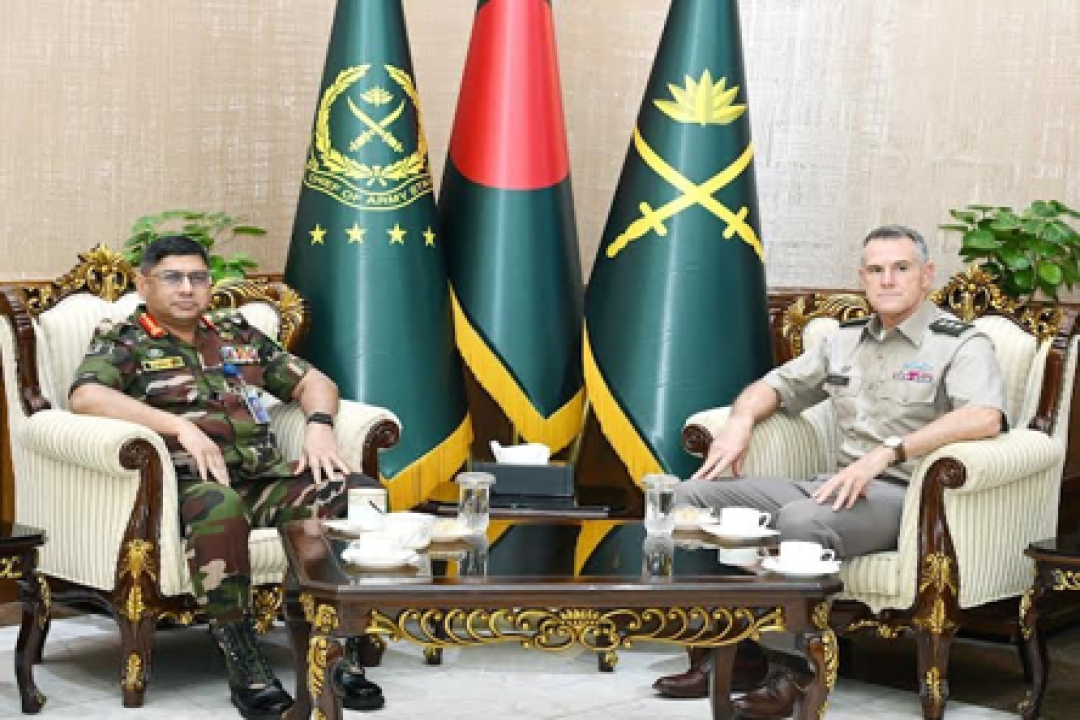Hamas’s leader, Yahya Sinwar, has been killed by Israeli forces, ending a year-long hunt for the mastermind of the 7 October attack on Israel that triggered the war in Gaza, The Guardian Reported.
The Israeli foreign minister, Israel Katz, confirmed reports on October 17, in a message sent to counterparts around the world. The Israel Defense Forces (IDF) said almost immediately after Katz’s statement was reported by Israeli media that Sinwar had been “eliminated”.
His death is a major boost to the Israeli military and the prime minister, Benjamin Netanyahu, as the latest in a string of high-profile assassinations of enemy leaders in recent months.
In a televised statement, Netanyahu said “today we have settled the score”, describing Sinwar’s death as the “beginning of the end”.
“We have demonstrated today that all those who try to harm us, this is what happens to them,” he said. “And how the forces of good can always beat the forces of evil and darkness. The war is still ongoing, and it’s costly.”
Addressing Israeli citizens, Netanyahu said that there are “a lot of challenges still facing us” and that the country must “stand firm on our ground and to continue to fight”. Israel will continue with “all our strength” to bring the hostages still held in Gaza home, he added.
The IDF said on Thursday afternoon it was checking whether Sinwar was one of three militants killed in the same incident. By Thursday evening, it confirmed the Hamas leader had been “eliminated”, reportedly in Tel Sultan, a neighbourhood of Gaza’s southernmost town, Rafah, on Wednesday.
The bodies were found by drones, and then troops, on October 17, and taken to Israel for DNA and dental record testing.
Israel’s Kan Radio reported that the Hamas leader had been killed “by chance”, and not as a result of intelligence gathering. The station also said the bodies were found with cash, weapons and fake IDs.
Graphic photos and video from the scene, broadcast on Israeli media, showed what appeared to be Sinwar’s body, wearing fatigues, with two severe head injuries and a leg injury. He was found lying in a pile of rubble on the floor of a destroyed building.
Israel’s Channel 12 reported that an infantry battalion, operating with a tank unit, had identified a group of men running into a building. The forces opened fire using tank shells, and the bodies were buried under the rubble.
It is not yet clear what impact Sinwar’s killing will have on Israel’s campaign in Gaza. Most analysts believe that Israel is now intent on a military occupation of the territory for the foreseeable future.
It has long been thought that Sinwar had surrounded himself with Israeli hostages to lessen the likelihood of being killed. However, in a statement, the prime minister’s office said that no hostages were believed to have been present.
Without citing a source, Channel 12 reported that Sinwar had been hiding with the six hostages whose bodies were recovered by the IDF in August after they were killed by their captors as Israeli troops approached.
Israel has spared no resources in its year-long hunt for Sinwar, engaging a taskforce of intelligence officers, special operation units, military engineers and surveillance experts. Yet, in the end, he appears to have been killed by regular troops on patrol.
Sinwar considered himself an expert on Israel’s military and politics. He spoke perfect Hebrew, learned during more than 20 years in Israeli prisons, and was the driving force behind Hamas’s strategy of the past few years: to lull Israel into thinking the group had been deterred from fighting, before launching the surprise attack in which 1,200 people were killed and another 250 taken hostage.
Various western and Israeli intelligence assessments over the past year have suggested that Sinwar has long shunned electronic communication, relying on a network of couriers to exchange messages with the outside world from Hamas’s vast network of tunnels beneath the Gaza Strip.
Those reports also said Sinwar had become “fatalistic” after 12 months of intense warfare in which 42,000 Palestinians have been killed, believing he would die, but still hoping to ensnare Israel in a regional battle with Iran and allied groups around the Middle East, such as Lebanon’s Hezbollah. It is unknown whether he anticipated that the 7 October attack would trigger such a massive Israeli response in the Strip.
November 24, 2024
Dhaka set to sign defense deal with TokyoNovember 24, 2024
Magistracy power for officers of Armed Forces for another 60 daysNovember 24, 2024
Government to decide how long army will remain deployed in the fieldNovember 24, 2024
Army recovers huge cache of arms, ammunition from KNF denNovember 24, 2024
Army cautions against misuse of its name in jhut business: ISPRNovember 24, 2024
Singapore’s high commissioner meets Army ChiefNovember 24, 2024
Army chief visits Cox’s BazarNovember 24, 2024
65 citizens from Myanmar's tribal communities enter Bangladesh illegallyNovember 24, 2024
Who is Trump intelligence pick Tulsi Gabbard?November 24, 2024
Pentagon stunned after Trump picks Pete Hegseth for Defense SecretaryNovember 24, 2024
Ukraine marks 1,000 days of war with pledge to ‘never submit’ to RussiaNovember 24, 2024
Arrest warrants issued for Netanyahu, Gallant over war crimesNovember 11, 2024
Deputy Commander of US Indo-Pacific Command calls on Army ChiefNovember 11, 2024
Air chief off to China on nine-day visitNovember 11, 2024
Recruit batch parade of EME and ACC Corps heldFollow Us

50,000
Fans

50,000
Fans

50,000
Fans

50,000
Fans

50,000
Fans

50,000
Fans






